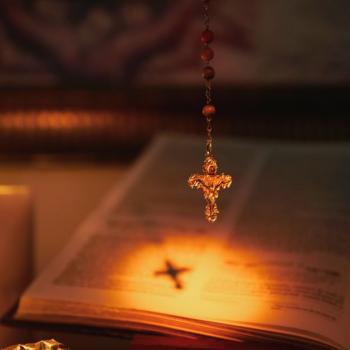Christians must again understand that their first task is not to make the world better or more just, but to recognize what the world is and why it is that it understands the political task it does. The first social task of the church is to provide the space and time necessary for developing skills of interpretation and discrimination sufficient to help us recognize the possibilities and limitations of our society. In developing such skills, the church and Christians must be uninvolved in the politics of our society and involved in the polity that is the church. Theologically, the challenge of Christian social ethics in our secular polity is no different than in any time or place — it is always the Christian social task to form a society that is built on truth rather than fear. For the Christian, therefore, the church is always the primary polity through which we gain the experience to negotiate and make positive contributions to whatever society in which we may find ourselves.
[…]
Insofar as many Christians assume that our liberal and secular society is at least neutral to, if not positively an advantage for, the church, we have failed to see and understand the depth of the moral challenge facing this society. Of course we all recognize our society has problems, but we assume our society and politics have the means to deal with them. We have no reason to question fundamentally our ‘form of government’ or the ‘American way of life.’ Rather, as Christians we assume we have a stake in America’s extraordinary experiment to create a free people through the mechanism of democratic government.
We thus feel puzzled by critiques of our society such as that of Solzhenitsyn. For it is the brunt of his charge that a polity is ultimately judged by the kind of people it produces, and from such a perspective our society can only be found wanting.
–Stanley Hauerwas. “The Church and Liberal Democracy,” pgs 72 – 86 in A Community of Character (Notre Dame: University of Notre Dame Press, 1981; repr. 2005):74.















